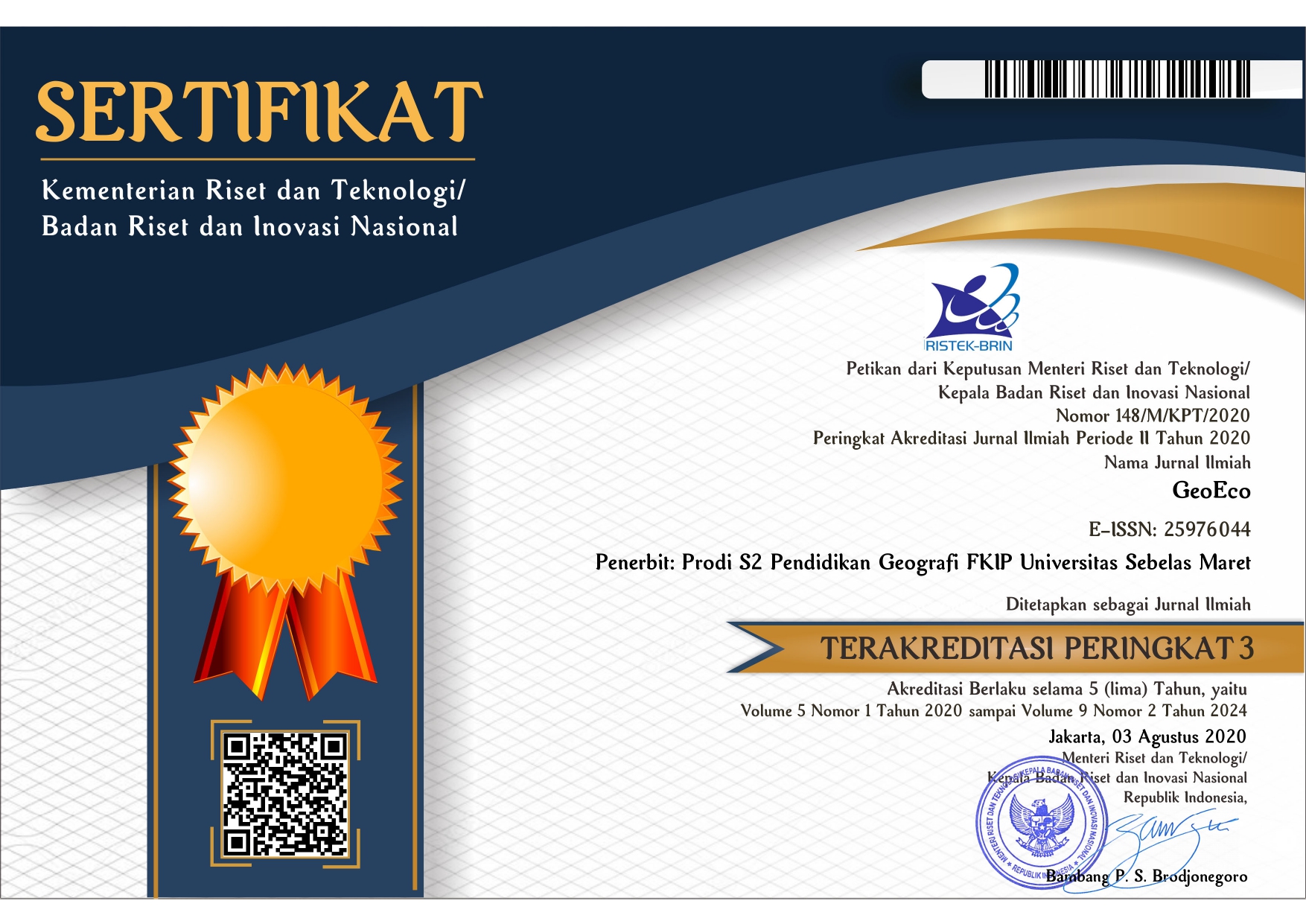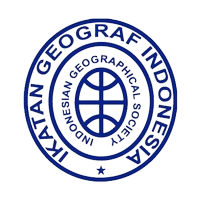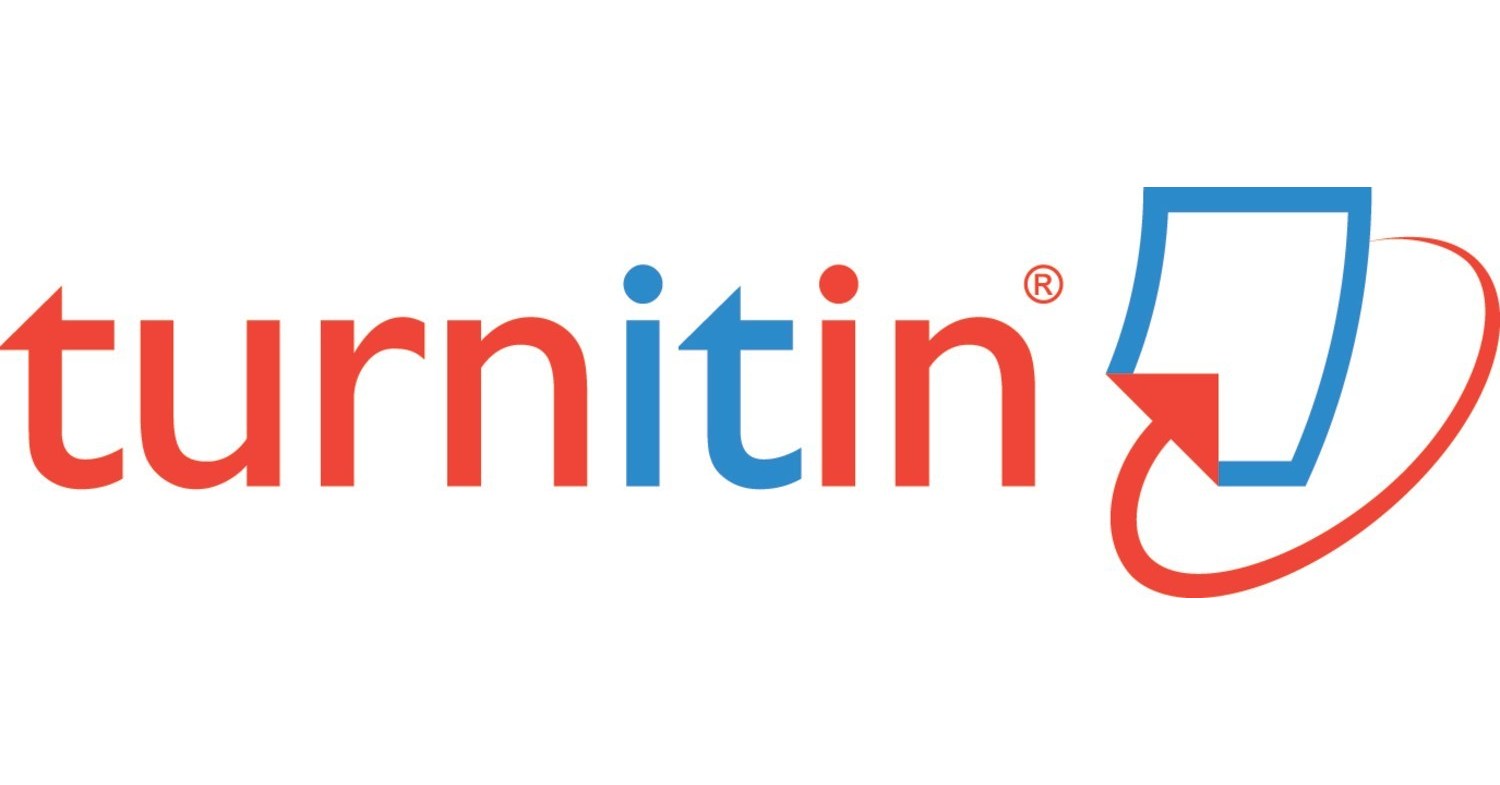PENGEMBANGAN SUBJEK SPESIFIK PEDAGOGY (SSP) GEOGRAFI BERBASIS INQUIRY UNTUK PENGUATAN ECOLOGICAL LITERACY PADA MATERI LINGKUNGAN HIDUP SISWA KELAS XI SMA NEGERI 1 SUNGAI RAYA KABUPATEN KUBU RAYA
Abstract
The purpose of this research were: (1) Determine the SSP development geography-based inquiry (2) Determine the feasibility of SSP geography inquiry-based (3) Assess the effectiveness of the inquiry-based geography SSP device developed to improve the Ecological Literacy class XI. This type of research was the Research and Development (R & D). Stages of R & D development was model 4D, in this study the researchers focused only at the stage of 3-D (Define, Design, Develop). The design of this study before and after the method of pre-test - post-test. Subjects were students of class XII IPS in SMA Negeri 1 Sungai Raya. Data collection techniques used is a method of test, questionnaire and documentation while the technique of data analysis used the t test or t - test. Based on data analysis, can be presented the following results: (1) Characteristics of SSP-based Inquiry on material preservation of the environment and sustainable development are at the integration stage based learning Inquiry and the insertion of environmental values in the resulting product to enhance the strengthening of Ecological Literacy in matter environmental class XI SMA N 1 Kubu Raya Sungai Raya. (2) Results of the validation of a team of experts showed the average ratings RPP by 82% and includes the criteria very decent, average assessment module by 81% and includes the criteria very decent, average ratings LKS by 86% and includes the criteria very decent , the average assessment instrument ratings of 84% and included a very decent criteria. Response student response trials showed a positive response to the percentage and included with the criteria very decent. (3) The calculation of the effectiveness of our use of N-Gain and ttest, in which the N-Gain to see how big an increase in pre-test to post-test results of the calculations in the experimental class of 0.512% and the control class is 0.419% and the t-test to determine H1 hypothesis is accepted or rejected and the results obtained t = 3.69> table = 1.68 means that the research hypothesis (H1) received, which means there is a difference between the experimental and control classes, it is concluded, the experimental class is more effective than the control class with an average experimental class 0.512% and control class 0.419%.
Keywords: Development of SSP, Inquiry, Ecology Strengthening Literacy
Full Text:
PDFRefbacks
- There are currently no refbacks.












.png)

